How to Make your Brand Stand Out
Being a newbie in any industry is tough, most especially in the cutthroat world of food and bever-ag...
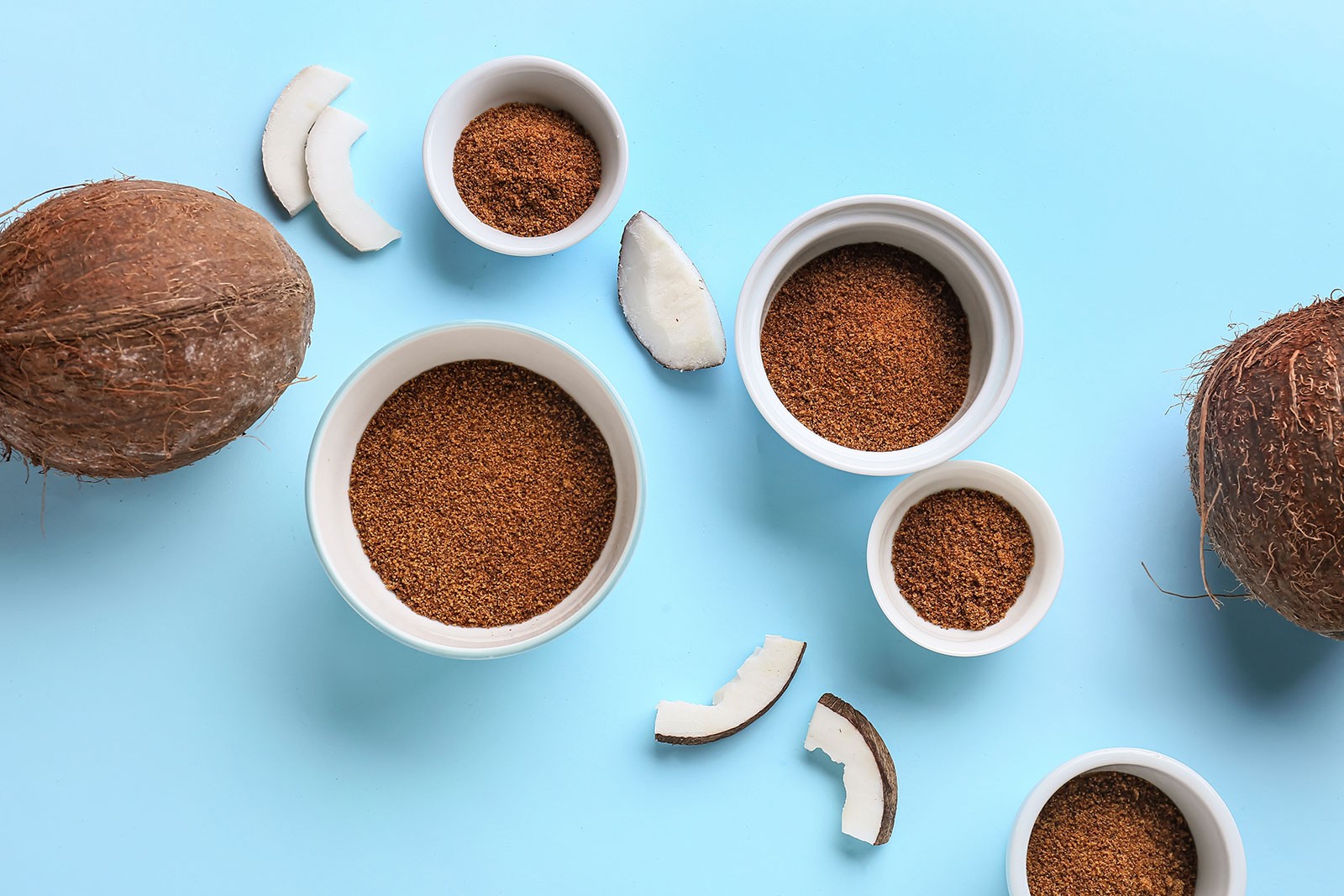
March 30, 2022
Coconut sugar, sometimes called coconut sap sugar or coco sugar, is a sweetener made from the sap of the palm tree’s flowers. It is natural and unrefined, making it a viable substitute for synthetic sugars.
Coconut sugar, sometimes called coconut sap sugar or coco sugar, is a sweetener made from the sap of the palm tree’s flowers. It is natural and unrefined, making it a viable substitute for synthetic sugars.
The Philippine Coconut Authority (PCA) describes coco sugar as light yellow, cream, or dark brown in color, with a sweet scent and pleasant nutty aroma. It features a slight caramel aftertaste and can be used like any conventional sweetener with a 1:1 ratio. The PCA suggests coco sugar as a sweetener for beverages such as coffee, chocolate, and tea. It can also be used in cooking, baking, and breadmaking.
Coco sugar has increased in popularity and marketability because of its claimed health benefits, including having higher mineral content than muscovado sugar, according to the PCA. Among these minerals are potassium, magnesium, nitrogen, zinc, and iron. Coco sugar is also hailed to have a low glycemic index (GI), especially when compared to regular table sugar, which has a GI of 65. According to a study by the Food and Nutrition Research Institute of the Department of Science and Technology of the Philippines, the GI of coco sugar ranges from 35 to 42. This is beneficial for managing diabetes, lowering cholesterol levels, maintaining good weight, and avoiding obesity.
This sweetener is also gentler to the environment, having undergone a more sustainable production process. The Food and Agriculture Organization even recognizes coconut sugar as the single most sustainable sweetener in the world. Harvesting can be done multiple times in a day as the sap is replenished just hours after being tapped. No chemical fertilizers are also required in its production, while natural processes of heat evaporation are used to convert the sap into granules.
Indonesia, Thailand, and the Philippines are the top global producers of coconut sugar. The product is heavily exported to countries in North and Latin America, Europe, the Middle East, and Australia. In the Philippines, about 4,000 metric tons of coconut sugar are produced each year, based on data of PCA-registered processors.
Here are some suppliers of coconut sugar from the Philippines:
| Benevelle Benevelle proudly uses fresh toddy sap in the production of their Benevita coconut sugar. Benevelle started with the vision of its owner Jenery Lim to create natural and healthy products. This led him to open an organic coconut farm in General Santos. Starting in April 2008, Benevelle has employed local farmers and workers in creating their coconut sugar. |
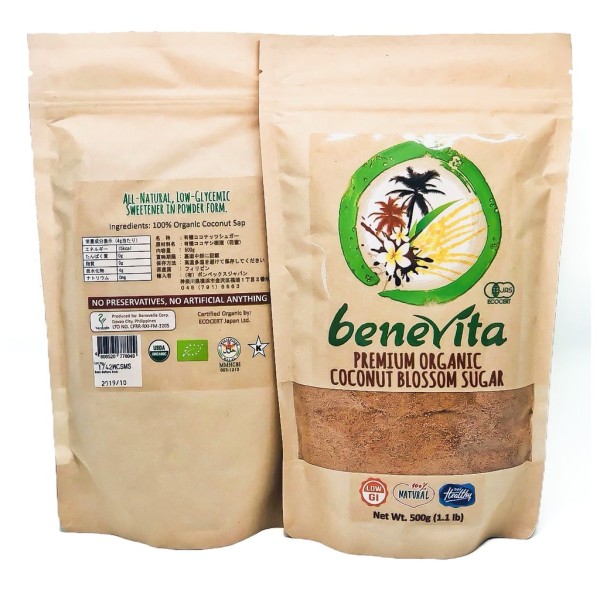 |
Celebes
Celebes started in 1981 as a manufacturer of wood products made out of timber sourced from Butuan City, Mindanao. They have since diversified to also manufacture export-quality coconut products, including coconut sugar, coconut flour, coconut milk, desiccated coconut, and frozen coconut meat. Celebes is also a recognized producer of coconut juice, coconut oil, and coconut charcoal.
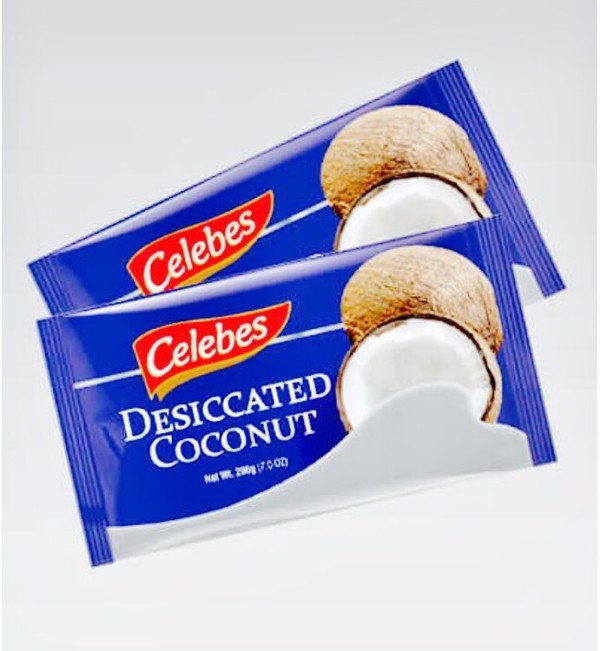 |
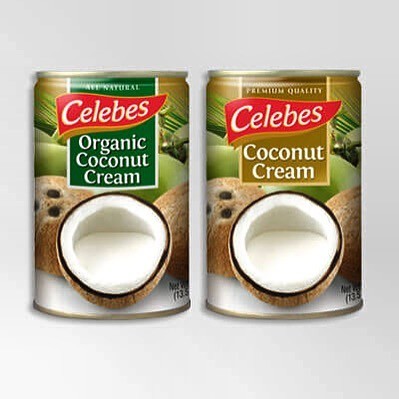 |
Cocoro
Cocoro Natural Sugar Company was established in June 2013 to make whole food options more accessible “to the global market of packaged food consumers.” They’ve also partnered with farmers who implement strict quality controls, manufacturing practices, and sustainable technology. Cocoro offers two types of coco sugar: Cocoro Dark Caramel, which can substitute for brown sugar and is not too sweet, and Cocoro Ivory, which offers a delicate flavor and more sweetness.
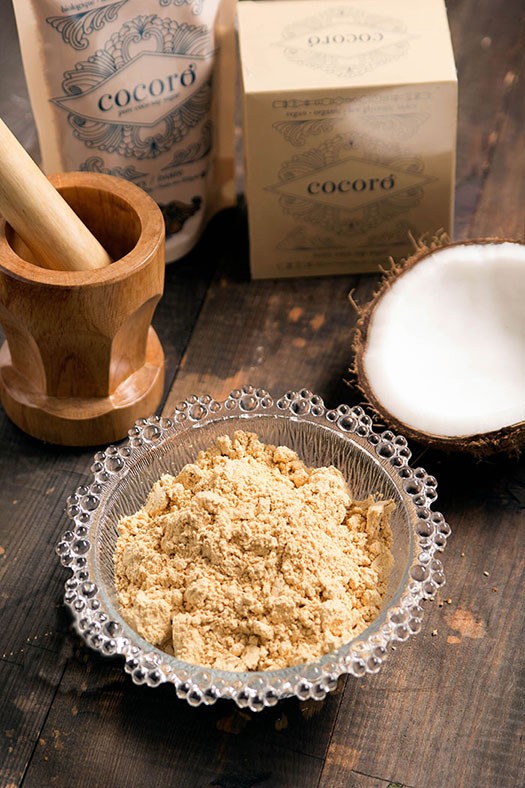 |
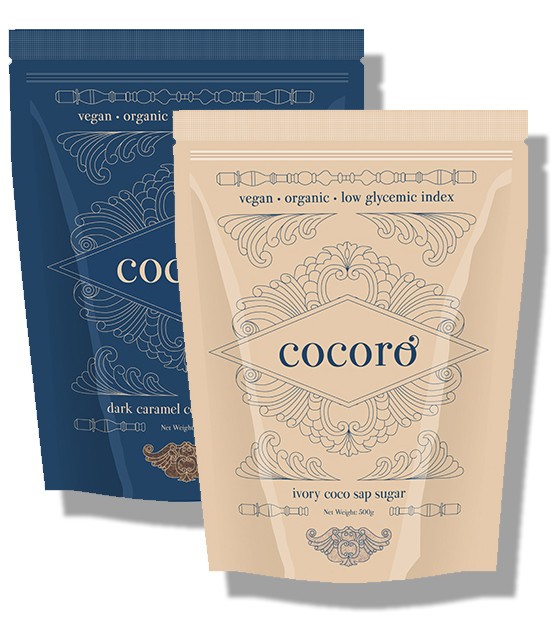 |
|
CocoWonder |
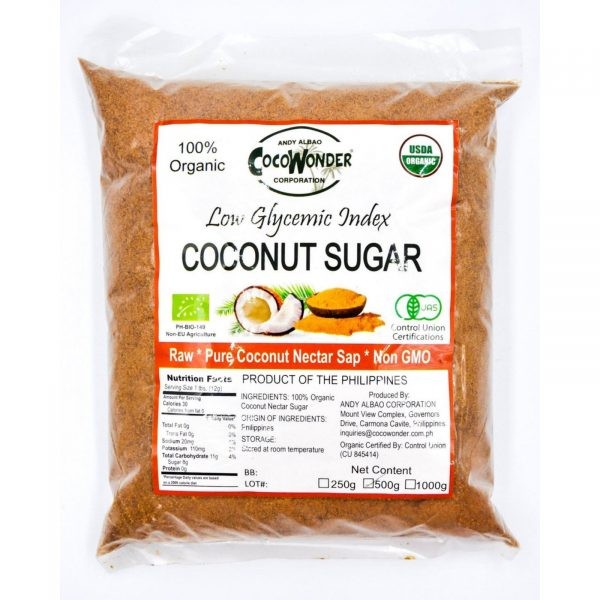 |
| The Superfood Grocer The Superfood Grocer is a purveyor of plant-based alternatives that are “kinder to the body, supportive of farmers, compassionate to animals, and gentler on the planet.” One of their key products is coconut sugar, which is FDA-registered and USDA, EU, and JAS certified organic. Proudly made in the Philippines, the coco sugar is harvested by their partner farmers. |
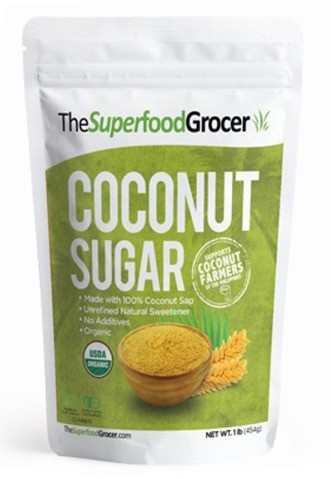 |
TREELIFE
TREELIFE started soil reconditioning and contour farming of 50 hectares of land in Carmen, Cotabato Province in 2004. By 2009, TREELIFE’s coconut trees started to bear fruit. In 2011, owners Jerry and Jocelyn Taray learned the importance and viability of coconut sugar from the PCA. They have since produced 100-percent natural coconut sugar, as well as other coconut products like virgin coconut oil, coconut jam, coconut flour, and coconut syrup.
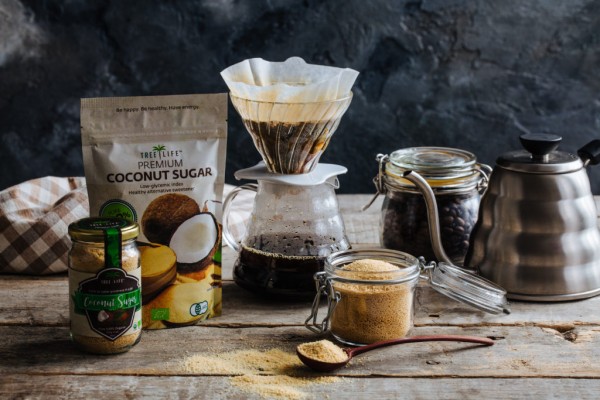
Check out these food fusions between Filipino and Middle Eastern cuisines
The unending quest for healthy and sustainable food amid changing lifestyles
A quick look at the Philippine food staple often getting a bad health rap